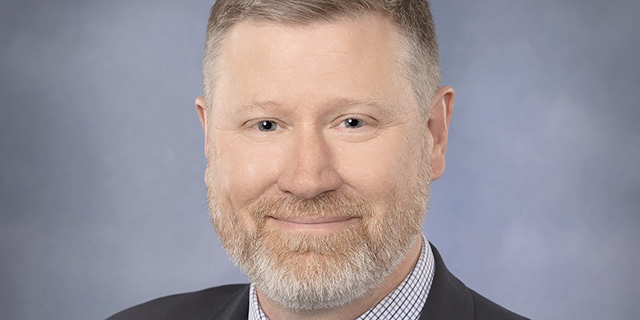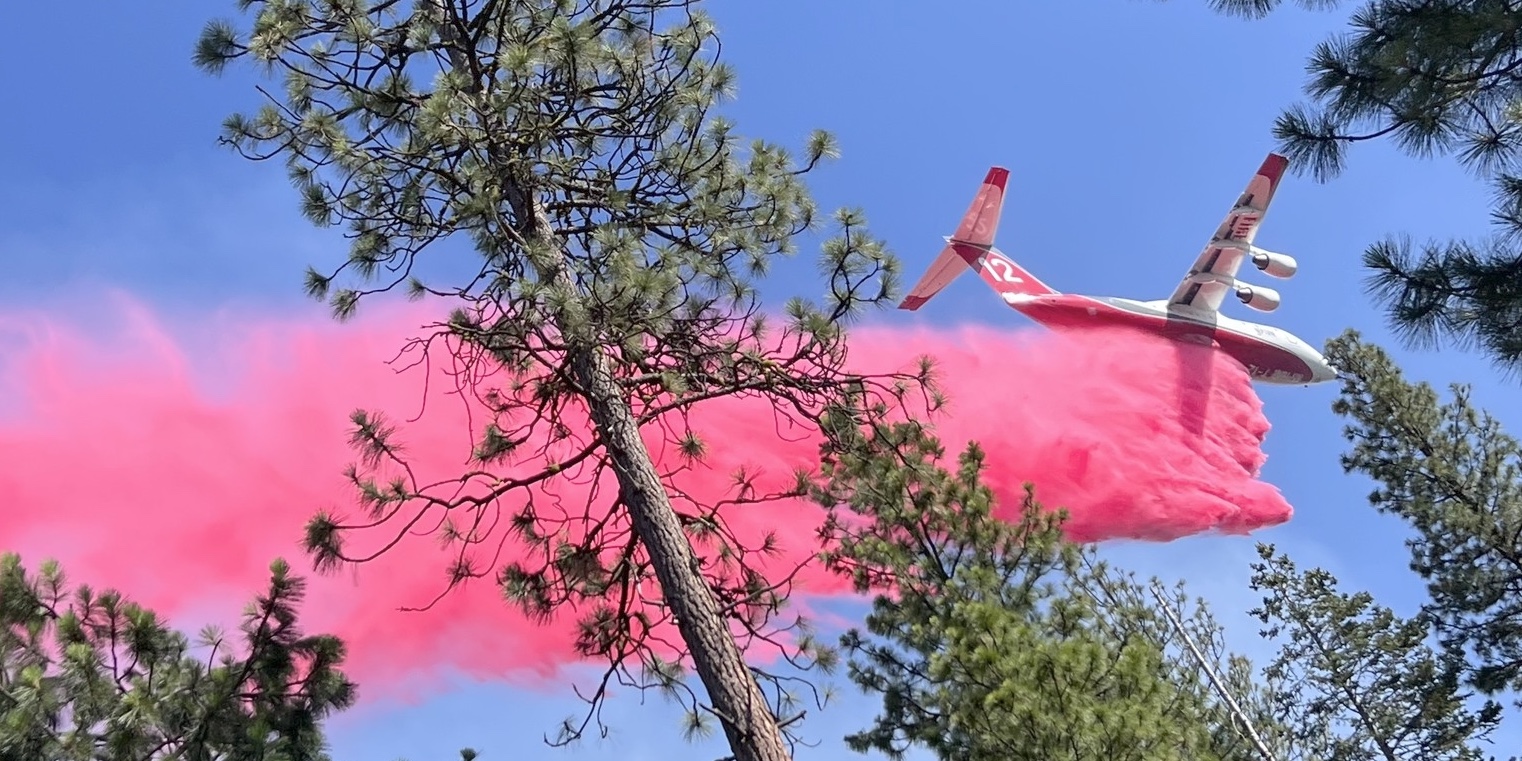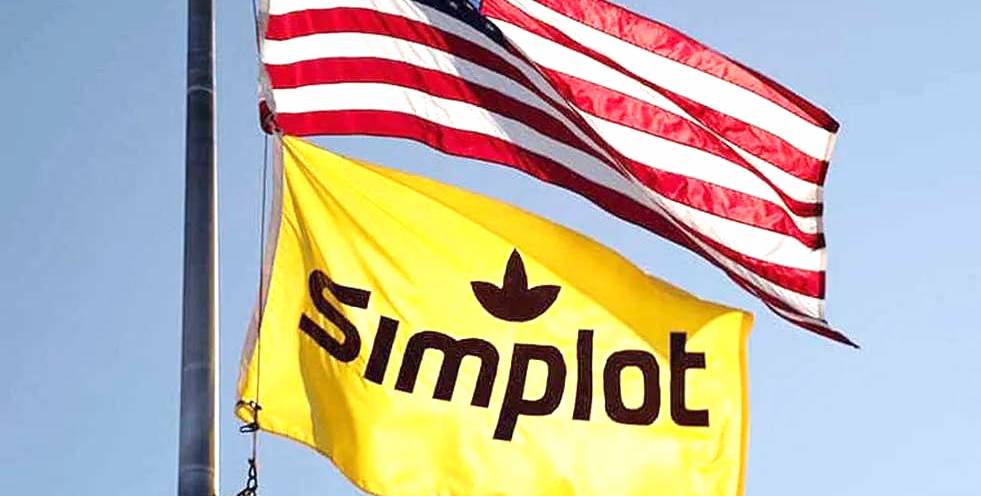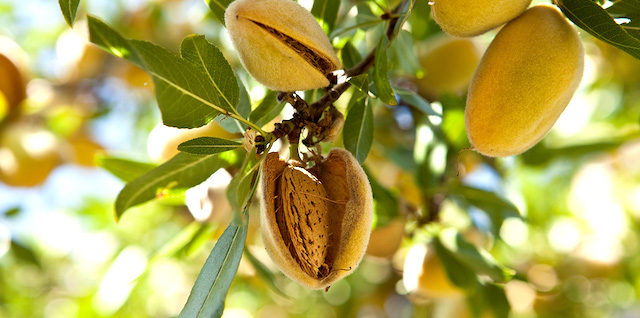Unique SE Washington pulp plant will use wheat straw
Published 2:43 am Friday, October 26, 2018
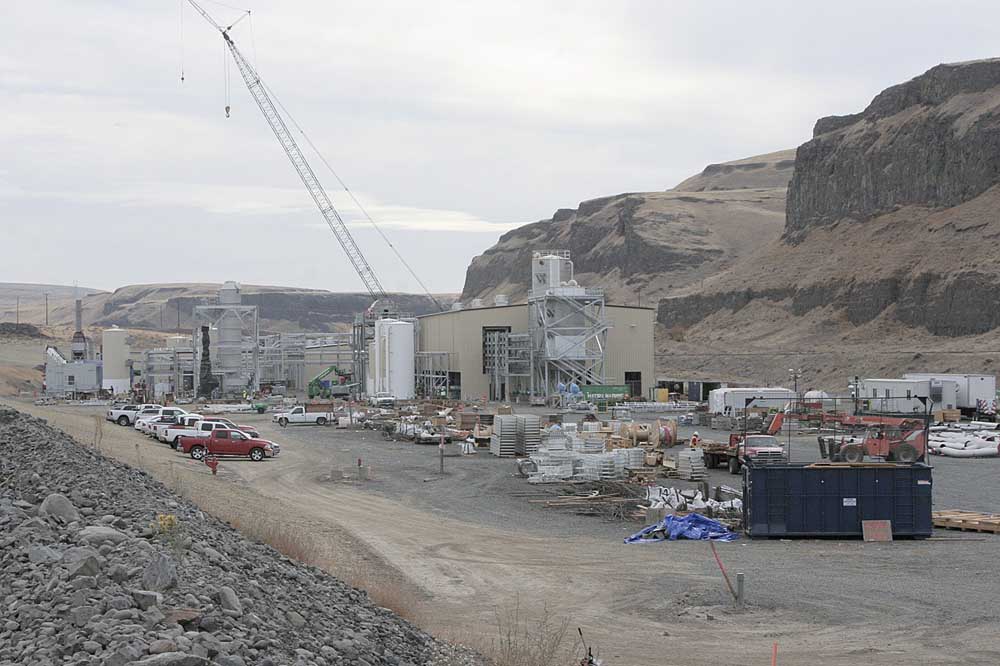
- Construction of the Columbia Pulp plant in Starbuck, Wash., is underway. The plant is slated to be operational by early next year, CEO John Begley says.
STARBUCK, Wash. — A one-of-a-kind pulp plant in Eastern Washington will convert wheat straw into pulp that will go into a variety of new products.
Trending
When it is operational early next year, Columbia Pulp in Starbuck, Wash., will turn wheat straw into two materials:
• A market-grade pulp sold to paper makers and molded fiber producers.
• A bio-polymer used in dust abatement on roads, de-icing and land application of fertilizers.
Trending
The plant will produce 140,000 tons of pulp and 75,000 to 80,000 tons of bio-polymer each year using a proprietary process, CEO John Begley said. He has 40 years of experience in the pulp and paper industry. The plant will consume 240,000 tons of wheat straw each year.
Within 75 miles of the plant, 4 million tons of straw is generated, he said.
“Straw is a byproduct or residual from the harvesting of the grain,” he said. “There’s not a lot of value in the straw itself. Wheat straw historically is a cost to (farmers), and now you’re creating a revenue stream from it, so it goes from being a negative to a positive.”
Dayton no-till farmer Skip Mead said he has been following the straw issue for years, ever since the pulp idea originated from efforts to manage smoke generated by field burning.
Farmers previously had the option of burning their straw, shredding it so it could decompose more easily, tilling it into the soil or leaving it in the field, Mead said.
Selling the straw will allow Mead to avoid the cost of shredding it.
He’s excited about the possibilities for the environmentally friendly products the straw is used to make.
“There’s more products to be had out of this straw pulp than are initially going to be processed,” he said. “They’re finding more and more uses all the time for the (bio-polymer) left over.”
The plant will purchase straw year-round, Begley said. Purchases are made through a separate company, Columbia Straw, which will buy straw delivered to the gate, standing in the field — somebody cuts and bales the straw — or alongside the field, baled and stacked by the farmer.
The plant has “plenty” of contracts in place for straw for the first year, but plans to purchase more, Begley said.
Pulp is an international market with strong demand. About 60 million tons sold in North America each year, particularly in packing and consumer products, Begley said. The company will sell domestically.
“The form of the product is called ‘wet lap,’ which is a high percentage of moisture,” Begley said. “From an economic standpoint, you don’t want to ship it too far.”
The pulp is similar to hardwood pulp, with a little stronger and longer fiber, Begley said. But there’s not a lot of hardwood in the Northwest, so most pulp comes into the region from the Midwest, Canada or South America.
A pilot plant in Pomeroy is currently operational. It is a smaller version of the plant in Starbuck and is used to train employees, Begley said.
Once the Starbuck plant is running, the company plans to build a series of similar plants, Begley said.
Ralph Raymond, senior project manager for Pacific Civil and Infrastructure, says the plant is the first of its kind.
“I think once this gets going, there’ll be more plants wherever you can find straw,” Raymond said.
Online


